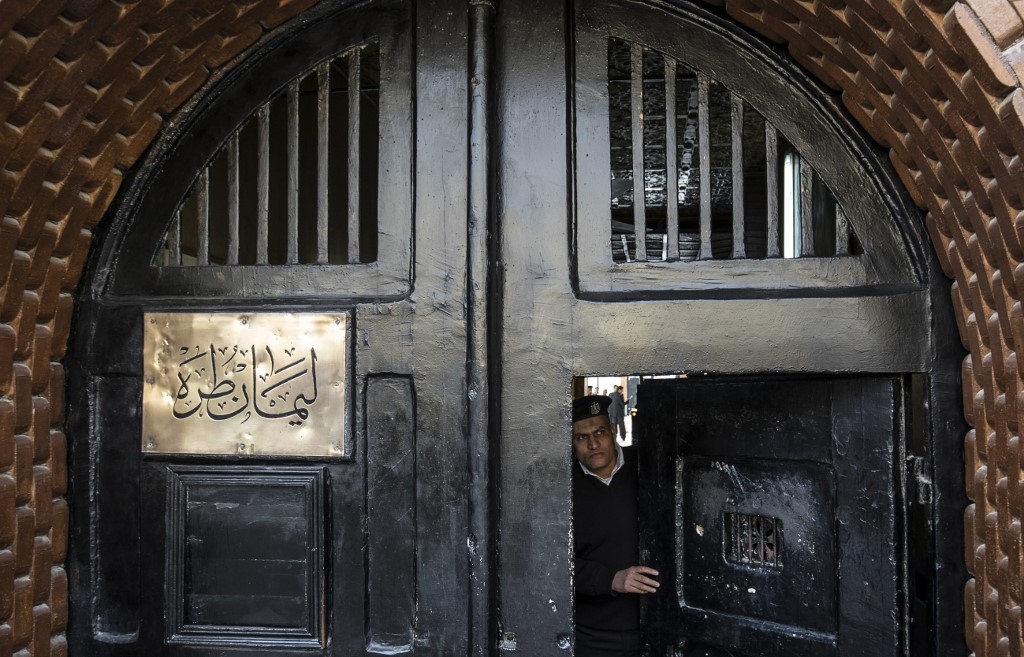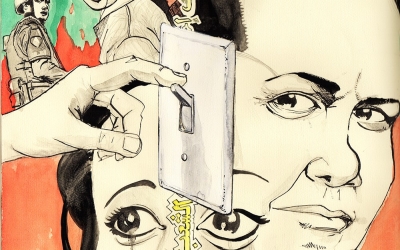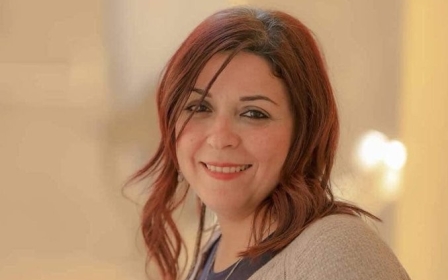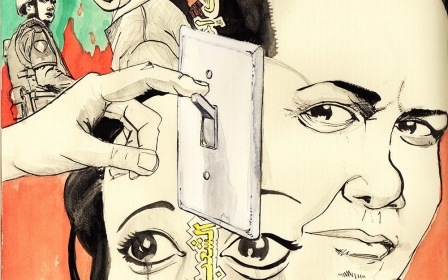Egypt's security forces tortured and disappeared children: Report

Egypt's police, its National Security Agency (NSA) and military officials have arbitrarily arrested, forcibly disappeared and tortured children as young as 12 while prosecutors and judges turned a blind eye, Human Rights Watch (HRW) has said in a report.
The report, entitled “‘No One Cared He Was A Child’: Egyptian Security Forces’ Abuse of Children in Detention”, documents abuses against 20 children between the ages of 12 and 17 when they were detained.
HRW called on the United States, France and other European Union countries to end their support of Egyptian security forces until authorities take steps to end the abuses and hold to account those responsible.

“Children are describing being waterboarded and electrocuted on their tongues and genitals, and yet Egypt’s security forces are facing no consequences,” said Bill Van Esveld, associate children’s rights director at HRW.
The 43-page report was released on Monday by the US-based HRW and the rights group Belady, a non-governmental organisation aiding street children.
Fifteen of the children said they were tortured in pre-trial detention, usually during interrogation while held in solitary confinement, HRW said.
Seven children said security officers tortured them with electricity, including with stun guns, it added.
Another child was reportedly badly beaten by prison guards.
A boy arrested at age 16 told a relative he was worried he might “never marry or be able to have children” because of what Egyptian security officials had done to him in detention.
In two cases, children said security officials tied their arms behind their backs and suspended them by their arms, which dislocated their shoulders.
One of the boys, aged 14 at the time, said his joints had to be reset by another prisoner in his cell who was a doctor.
Child sentenced to death
Abuses against children, as well as adults, by Egypt’s security forces have become flagrant under the government of President Abdel Fattah el-Sisi.
The Interior Ministry’s NSA’s officers were responsible for the majority of abuses documented in the report, but police and in some cases army officers were also involved.
HRW and Belady corroborated statements from children, their families and defence lawyers using court documents, appeals to authorities, medical records and videos.
Security officers forcibly disappeared children for up to 13 months, refusing to acknowledge to their desperate families that they were in detention or provide any information about them, HRW said.
Belal B was 17 when NSA officers arrested him and put him in solitary confinement at a Cairo police station. “I knew nothing about my parents and they knew nothing about me,” he said.
Officers then “tied me to a chair for three days”, causing severe pain, he added.
One child was sentenced to death, in violation of international law.
Egypt's law requires authorities to present detainees to a prosecutor within 24 hours of arrest, but prosecutors covered up lengthy enforced disappearances of children by falsely stating when they were arrested, the report said.
In none of the cases did authorities present an arrest warrant or arrest children lawfully, it added.
The children’s accounts are typical of the brutal security tactics rights groups have documented against children and adults detained for alleged political or security offences. There have been hundreds of cases since 2013, when Sisi overthrew the democratically elected government of Mohamed Morsi.
Middle East Eye delivers independent and unrivalled coverage and analysis of the Middle East, North Africa and beyond. To learn more about republishing this content and the associated fees, please fill out this form. More about MEE can be found here.





